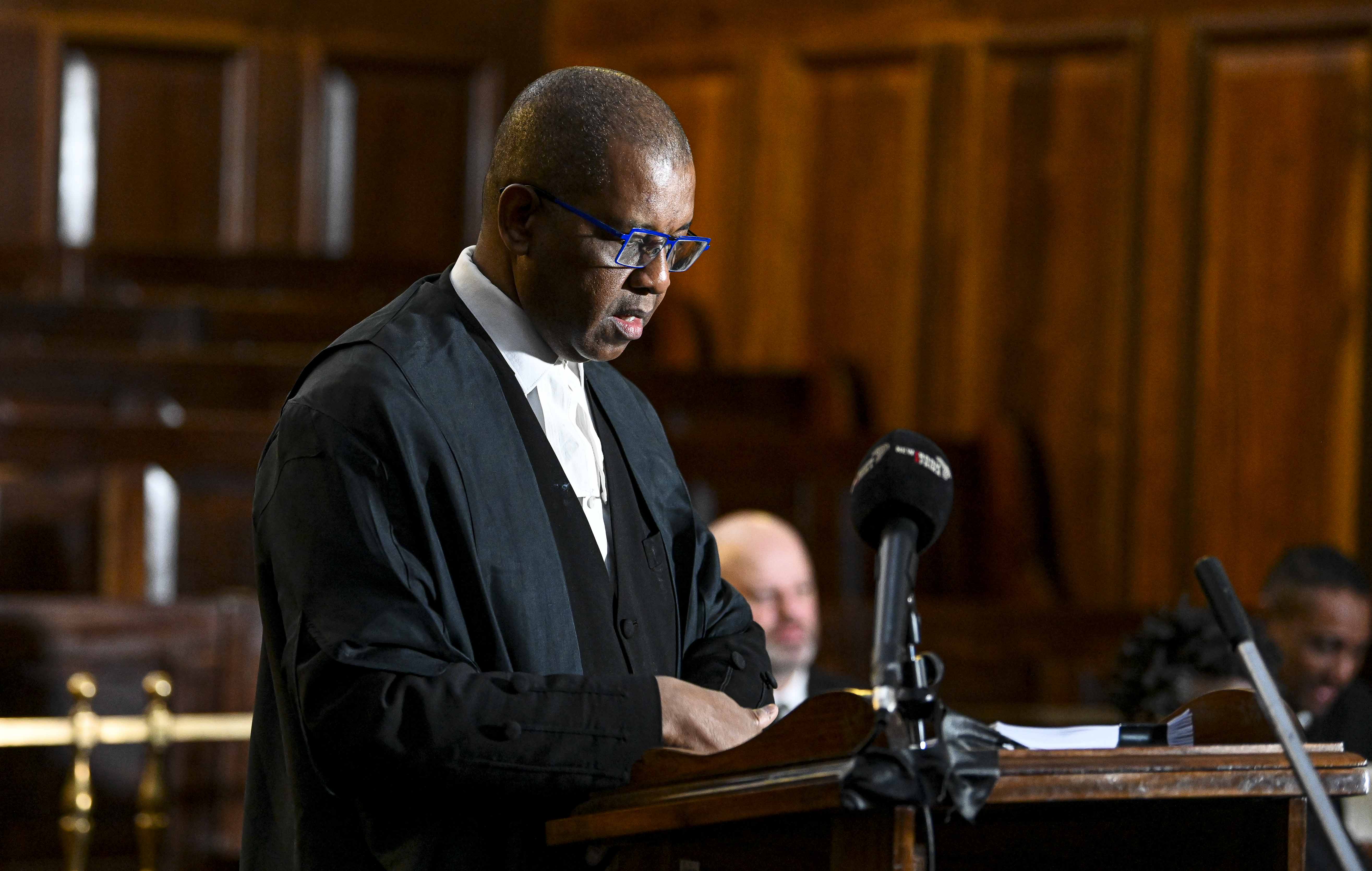Last week, judges in the Gauteng Division of the High Court in Pretoria ruled: “The ANC, like any other political party, is entitled to influence government decisions, including the appointment of senior staff of public administration, as long as the bright line between state and party is observed. It goes without saying that influencing government decisions is not the same as political meddling in the affairs of government.”
This would appear to end the DA’s hopes of ever winning a ruling that cadre deployment is unconstitutional.
Of course, the party says it is going to appeal.
It may base the appeal on the finding by Chief Justice Raymond Zondo, in his capacity as chair of the Zondo Commission, that the ANC’s policy of cadre deployment was unconstitutional and that the party’s deployment committee had no reason to exist.
Many will feel that cadre deployment is a legitimate policy. What is the point, they may ask, of going into politics, of winning an election, if you cannot influence who works in the government? And a person who belongs to an organisation with opposing views, such as, for example, AfriForum, can’t be trusted to work for an ANC-led administration.
However, it’s not just the governing party that practises cadre deployment. Evidence has emerged of how the DA’s Federal Council insisted on approving certain appointments to positions in the Western Cape government and some councils.
This is an issue on which governance experts can strongly disagree.
‘Tantamount to apartheid’
 Sandile Swana. (Photo: X)
Sandile Swana. (Photo: X)
Two weeks ago, the governance expert and academic Sandile Swana argued passionately on SAfm that cadre deployment was tantamount to a form of apartheid.
He said many black people “have been subjected to apartheid by the ANC. Apartheid in the sense that there is job reservation against the existing Constitution in favour of those who are known to be loyal members of the ANC. This has not just affected white South Africans or any other type of South Africans, but black South Africans who are not known to be supporters of the ANC have been excluded from jobs that they are fully qualified to do.”
This is powerful language that may well resonate with voters.
But Dr Seleen Naidoo from Public Ethos Consulting has a different view.
He suggests that governing parties in every country around the world have the right to practise cadre deployment.
He says there are many examples in which ANC ministers appointed non-ANC members to important positions, including André de Ruyter being appointed as CEO of Eskom and three DA members being named as ambassadors.
At the same time, there is anecdotal evidence that even a job appointment for a cleaner in a council building can be discussed at an ANC branch meeting.
Whatever the rights and wrongs, or your view on the subject, for a person desperate for such a job to hear that their candidacy is being discussed by a political party to which they do not belong, is disheartening.
Deeper within this argument are questions about how cadre deployment is practised, what decisions are made and which positions are discussed.
Some of this is now being revealed after the partial success of the DA’s application for the records of the ANC’s deployment committee.
While the DA had applied for all of the records of this committee from January 2013 to January 2023, for the moment it appears to have only received records from 2018 to 2023.
Potential to damage ANC
The minutes of these meetings were made public before when the ANC submitted them to the Zondo Commission. However, new information has emerged, including letters, CVs and WhatsApp group discussions.
These records could contain ammunition that causes significant damage to the ANC or one of its leaders.
 Dali Mpofu. (Photo: Gallo Images / Volksblad / Mlungisi Louw)
Dali Mpofu. (Photo: Gallo Images / Volksblad / Mlungisi Louw)
For example, during the Marikana Commission, advocate Dali Mpofu was able to focus on a phrase President Cyril Ramaphosa used while a board member at Lonmin in an email to then police minister Nathi Mthethwa demanding he act against a violent strike. As a result, the phrase “concomitant action” became a political weapon against Ramaphosa. Mpofu tried to use this to blame Ramaphosa for the massacre of striking mineworkers that followed.
Ramaphosa faces another risk.
If the minutes or other recordings of the earlier period when Ramaphosa chaired the committee do emerge, they could shine a harsh spotlight on the role he played.
It was during this time that State Capture, often through deployees in the government, moved into a higher gear. And, considering Ramaphosa’s near-silence during this time, if evidence emerges that he allowed or enabled such appointments, this could be very damaging to him.
It could get to the heart of the question of what he was doing as Deputy President while Zuma was enabling State Capture.
In the meantime, it should not be underestimated how much will now change.
In the past, the ANC refused to release, or even discuss, what happened at meetings of its cadre deployment committee.
 ANC chairperson and former party secretary-general Gwede Mantashe. (Photo: Gallo Images / Darren Stewart)
ANC chairperson and former party secretary-general Gwede Mantashe. (Photo: Gallo Images / Darren Stewart)
In 2011, when the late journalist Karima Brown publicly told then ANC secretary-general Gwede Mantashe she knew the deployment committee had selected Siyabonga Gama for the position of Transnet CEO, you could have heard a pin drop. It was a shock for most people in the room to hear anything about the machinations of this committee.
The ANC strongly opposed the DA’s application to force the release of the documents.
Once the DA started to publish the records on its website, the ANC tried to jump the gun and posted the documents on its website (these two parties are determined to compete in everything).
It challenged the DA to release the records of its own deployment meetings.
This sets a precedent. The DA will continue to ask the ANC for its deployment records for every future meeting and probably every future deployment. The ANC will do the same to the DA.
It will be easier for parties to simply publish these documents themselves on a regular basis. The same could happen with other parties if they start to have a greater role in making appointments.
If this does force all cadre deployment processes to become more transparent, parties may find it easier to have fewer formal meetings and structures and to use more informal means to avoid scrutiny — in the process, altering cadre deployment itself. DM




 ANC chairperson and former party secretary-general Gwede Mantashe. (Photo: Gallo Images / Darren Stewart)
ANC chairperson and former party secretary-general Gwede Mantashe. (Photo: Gallo Images / Darren Stewart) 